Melon is one of the oldest crops. It has been known since the time of Babylon. It was brought to Bass and Europe by the ancient Greeks and Romans.
Melon is a fruit that loves light and heat. It is a large fruit, which is also extremely tasty. It can weigh from 1.1 lb (0.5) to 26 lb (12 kg). The shape of the melons can be elliptical, spherical or cylindrical.
The colors of these delicious fruit can be creamy, white-greenish, golden and orange.
Nutritional qualities of melon
Melon can be both very sweet and tasteless. It can also be very aromatic, or it may not have an aroma.
Useful substances in melon
Ripe melons contain fast carbohydrates - glucose, fructose and sucrose. The inner part of the melon, its "flesh" contains a large amount of B vitamins, vitamin C, potassium, magnesium, iron, calcium, selenium and other substances that have a very good effect on homeopathic organs, cardiovascular system , endocrine glands.
Melon helps the thymus and thyroid function well, which in turn keeps the immune system healthy. Melon contains pectin and starch that is not absorbed by our digestive system. However, they have the ability to absorb harmful substances in the intestines and remove them from the body. This delicious fruit has the power to improve intestinal peristalsis.
Melon is very healthy because, among other things, it contains folic acid. It helps the formation of blood cells from our bone marrow and stimulates the secretion of hydrochloric acid in the stomach.
5.3 oz (150 grams) of melon contains a sufficient amount of folic acid for the day, the body needs. This means that women who want to get pregnant are pregnant, also for children and for people with chronic diseases melon is an absolute must. In the same 5.3 oz (150 g) of fruit there is also potassium, magnesium and a very rare mineral - germanium. All of them are necessary for the normal functioning of the heart and kidneys.
The potassium and magnesium in melons are much higher than in cucumber, pear and cabbage in quantity. Both minerals can lower blood and cholesterol levels. Germanium is a trace element that is responsible for maintaining the youth of our cells.
The fructose contained in the melon varies depending on how ripe it is. It contains enough glucose to keep glucose levels within normal limits.
Melon composition
- Carbohydrates - fiber - 0.80 g; starch - 0 g; sugars - 8.12 g; galactose - 0 g; glucose - 2.68 g; sucrose - 2.48 g; lactose - 0 g; maltose - 0 g; fructose - 2.96 g;
- Fats - fats - 1.14 g; monounsaturated fats - 0 g; polyunsaturated fats - 0.06 g; saturated fat - 0.04 g;
- Vitamins - vitamin A 50 IU; vit. B1- 0.04 mg; vit. B2- 0.01 mg; vit. B3- 0.42 mg; vit. B4 - 7.60 mg; vit. B5 - 0.16 mg; vit. B6 - 0.09 mg; vit. C - 18 mg; vit. E - 0.02 mg; vit. K1 - 2.90 mg;
- Amino acids - alanine - 0.04 g; arginine - 0.01 g; aspartic acid - 0.09 g; valine - 0.02 g; glycine - 0.02 g; glutamine - 0.15 g; isoleucine - 0.01 g; leucine - 0.02 g; methanin - 0.01 g; proline - 0.01 g; serine - 0.02 g; thyrocin - 0.01 g; threonine - 0.01 g; trypofan - 0.01 g; phenylalanine - 0.02 g; histidine - 0.01 g; cystine - 0.01 g;
- Minerals - iron - 0.17 mg, potassium - 228 mg, calcium - 6 mg; magnesium - 10 mg, manganese - 0.03 mg, copper - 0.02 mg, sodium - 18 mg, selenium - 0.70 mg, phosphorus - 11 mg, zinc - 0.09 mg.
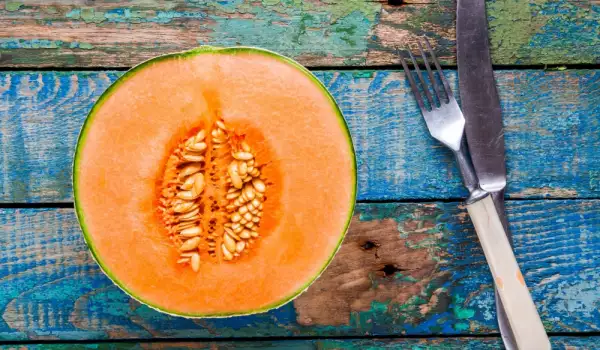

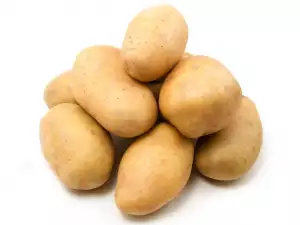

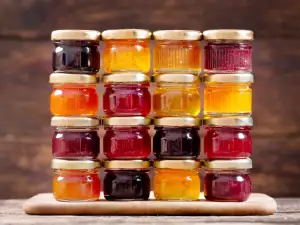


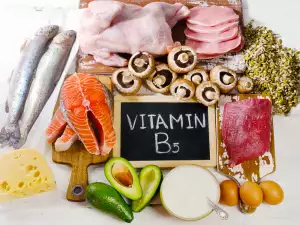


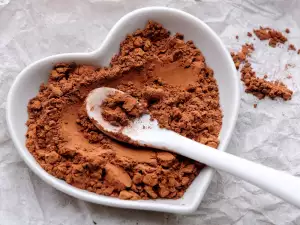
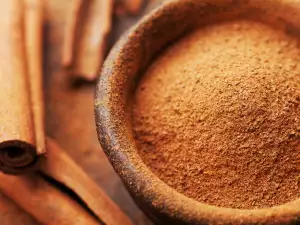

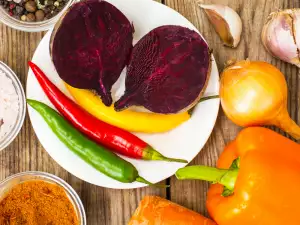
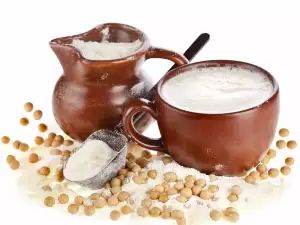




Comments